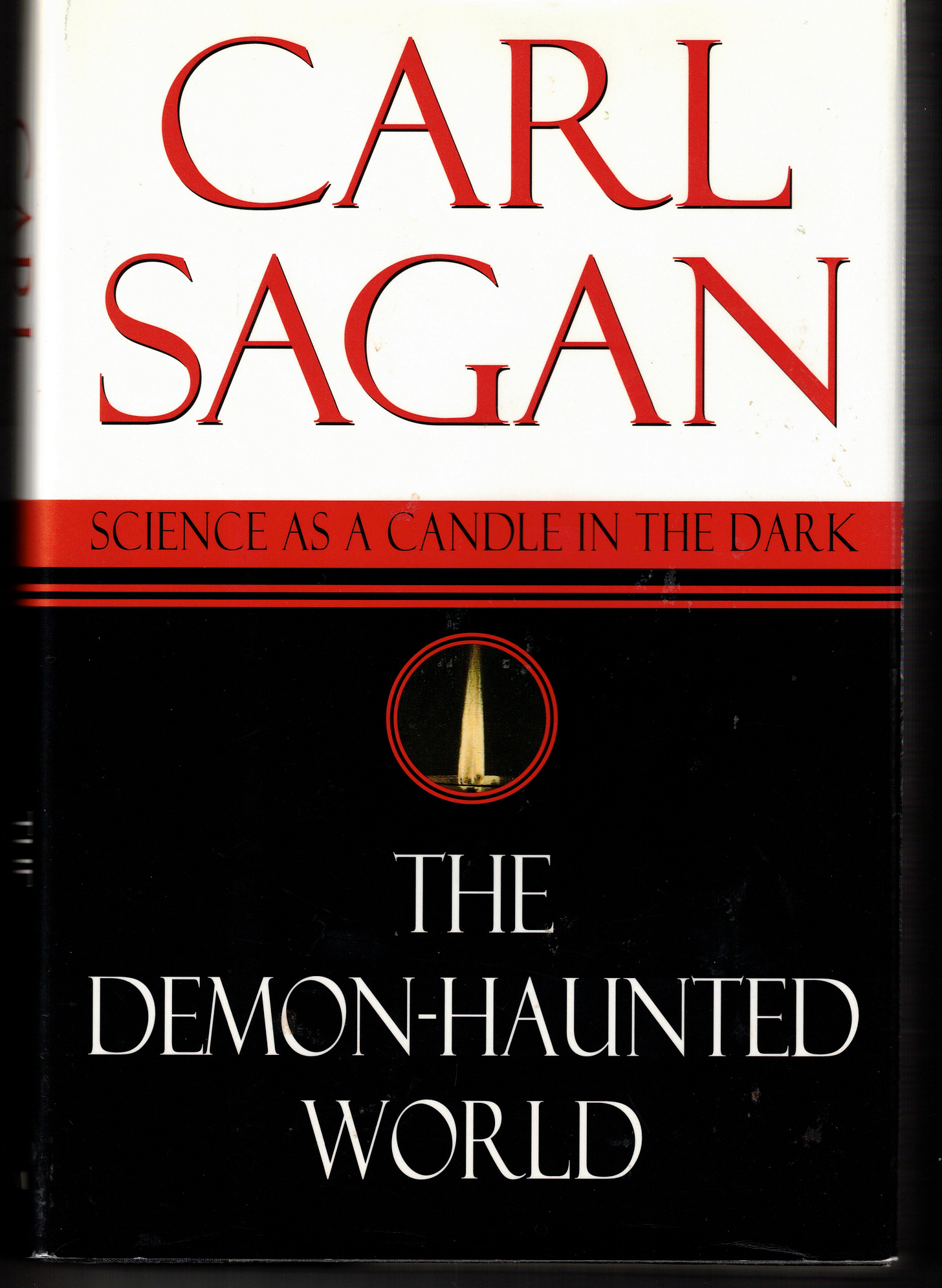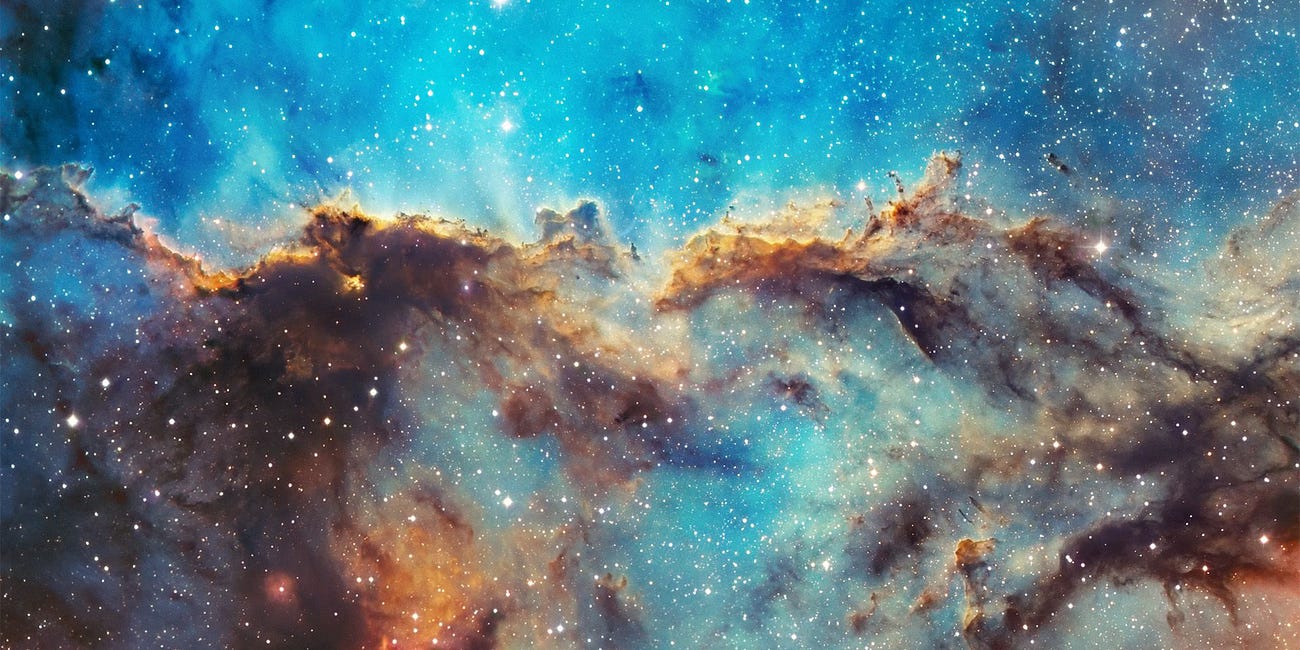About the Friday Freethought Perennials in general: This subset of my blog is to answer questions, nearly always already answered by me and by many others but posed again and again—over many years and in many places—on freethought, atheism, secular humanism, secularism/church-state/”This is a Christian Nation,” and similar topics. These answers are mostly not intended to be original analyses, breaths of fresh air, so much as just putting a whole series of things on the record (I’d say “forever,” except I know better). One source for many of these answers is the 2012 Prometheus Books book by me and my son (Michael E. Buckner), In Freedom We Trust: An Atheist Guide to Religious Liberty—and that is where footnotes and careful citations of sources can be found. It’s available in many libraries and pretty readily in the used book after-market. I’ll cite writings of others that answer these things in more depth if I’m aware of them when I post these.
Why Aren’t Atheists Aware of the Awesomeness of the Universe?
Like many other questions related to atheism and secularism, the problem with this question is in the premise—the question’s based on a false conclusion about atheism. According to the Pew Research Center (not known for being pro-atheism)—
… the Religious Landscape Study shows that atheists are more likely than U.S. Christians to say they often feel a sense of wonder about the universe (54% vs. 45%).
Most atheists I know are, like me, quite impressed with reality, social and physical. Like Carl Sagan, we think
Life is but a momentary glimpse of the wonder of this astounding universe, and it is sad to see so many dreaming it away on spiritual fantasy.
In other words, our problems are not with “creation,” but with the ill-supported idea that there must be a definable “Creator” in need of being worshipped if there is such a wonderful universe.
While not all atheists are scientists or even knowledgeable about science, most of us have attitudes toward the universe as being awe-inspiring similar to Sagan’s and in fact think that science, done right, can pretty reliably separate imaginary fantastic things (frightening or joy-inspiring) from reality-based (but still awe-inspiring) wonders. The best single book on the subject is probably this one, from 1995, by Carl Sagan—
(And, by the way, Keith Parsons also discussed this—and specifically, Carl Sagan’s take on it, in a guest essay last year—link to that below, in case you missed it.)
And if someone wants to insist that the universe is just too amazing to accept without an unimaginable “Creative Force” of some sort behind it, it honestly is reasonable to ask, “If a wondrous creation is so awe-inspiring that a Creator is required, wouldn’t the Creator be even more wondrous? And therefore wouldn’t that require a Creator even more strongly? And then that Creator would… and on and on, regressing ever backward? Logically, if being awesome is good enough to consider “God” self-sufficient, why not just conclude that about the universe we know?
Here’s the link to Keith Parson’s fine essay—
Keith Parsons: Spiritual But Not Religious
Thank the Great Spirit, Keith Parsons is back with more wise and interesting words— SPIRITUAL BUT NOT RELIGIOUS You often hear people say that they are “spiritual but not religious.” What does this mean? Let’s begin with the “not religious” part. I think that this means that one is not associated with any organized or established religion. You are neither…
Note: Anyone may copy and publish what I or my guests write, provided proper credit is given, that it’s not done for commercial purposes, that I am notified of the copying (you can just leave a comment saying where the copy is being published), and provided that what we write is not quoted out of context or distorted.
Thanks for reading Letters to a Free Country! Subscribe for free—always/guaranteed—to receive new posts and support my work.




More grasping at straws by religious apologists. I saw a quote from the eminent Russian physicist Yakov Zeldovich that said (paraphrased): Atheists pay God the compliment of saying that the universe is so perfect it does not need a creator.